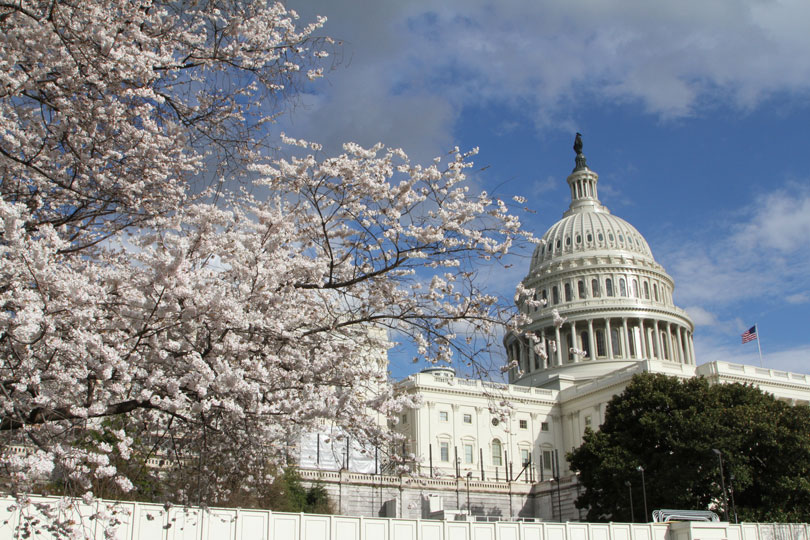By Justin Walker
Communications Specialist
They say talk is cheap, but the current dialogue between the United States and China could cost American farmers and ranchers a lot in the end.
After the Chinese government released a list of potential tariffs targeting more than 100 U.S. goods, including many agricultural commodities, President Donald Trump threatened even more duties on China.
Trump said in a statement Thursday that the proposed sanctions by China were “unfair.” In response, Trump called for U.S. Trade Representative Robert Lighthizer to examine the possibility of additional tariffs on China worth $100 billion. This is on top of separate tariffs worth $50 billion the administration announced earlier this week.
“Rather than remedy its misconduct, China has chosen to harm our farmers and manufacturers,” Trump said. “I am committed to enabling American companies and worker to compete on a level playing field around the world, and I will never allow unfair trade practices to undermine American interests.”
Trump has also instructed U.S. Department of Agriculture (USDA) Secretary Sonny Perdue to enact a plan to protect American farmers and agricultural interests.
“As we take a stronger approach to the way we handle trade as a nation, we will use all of our authorities to ensure that we protect and preserve our agricultural interests,” Perdue said, acknowledging the president’s request.
Perdue had previously said in a statement that the idea of a lengthy trade war would require “some extraordinary measures” in the upcoming farm bill.
China responded to the proposed $100 billion tariffs on Friday by saying it would fight “at any cost” and take “comprehensive countermeasures” against the United States.
“On Sino-U.S. trade, China has made its position very clear,” a spokesperson with the Ministry of Commerce said. “We don’t want a trade ware, but we are not afraid of such a war.”
China said it would not only be listening to what the United States said but would also be watching its deeds.
“We keep using our ag exports as a hammer over someone,” Texas Farm Bureau (TFB) President Russel Boening told the Dallas Morning News. “One of these times, they may just walk away because they’re tired of being under that hammer.”
The impending trade war has caused concern among American farmers and ranchers. Jason Peeler, a longtime cattle rancher in Wilson County, told the Texas Tribune that he is not the only one who feels uneasy about current talks.
“We are nervous — we’re really nervous,” Peeler said.
Pete Bonds, a rancher in Saginaw, said that while Texas ranchers would feel the impact of the potential tax, it would be Chinese consumers hurting the most.
“It will make the beef more expensive to the Chinese consumers — they’re actually hurting the Chinese,” said Bonds. “I’m more sad for the Chinese consumer.”
Trade war talks come at a time where the United States’ trade deficit hit the highest mark in almost 10 years. According to the Commerce Department, the trade gap enlarged to $57.6 billion in February, an increase from January’s $56.7 billion.
U.S. exports set a record with $204.4 billion, but imports also set a record at $262 billion.
The trade deficit with China lessened in February to $29.3 billion, down from $36 billion in January.


Mr. Bonds is a wise man. It’s time to quit cowering to an inept foreign government
Pete Bonds, a rancher in Saginaw, said that while Texas ranchers would feel the impact of the potential tax, it would be Chinese consumers hurting the most.
“It will make the beef more expensive to the Chinese consumers — they’re actually hurting the Chinese,” said Bonds. “I’m more sad for the Chinese consumer.”
Mr. Bonds states that he feels bad for the Chinese consumer. What about the American consumer?! This constant trade imbalance has got to stop. The American consumer is mostly to blame for this imbalance because we continue to shoot ourselves in the foot by buying foreign made items over our own American made goods. The answer: BUY AMERICAN MADE!!